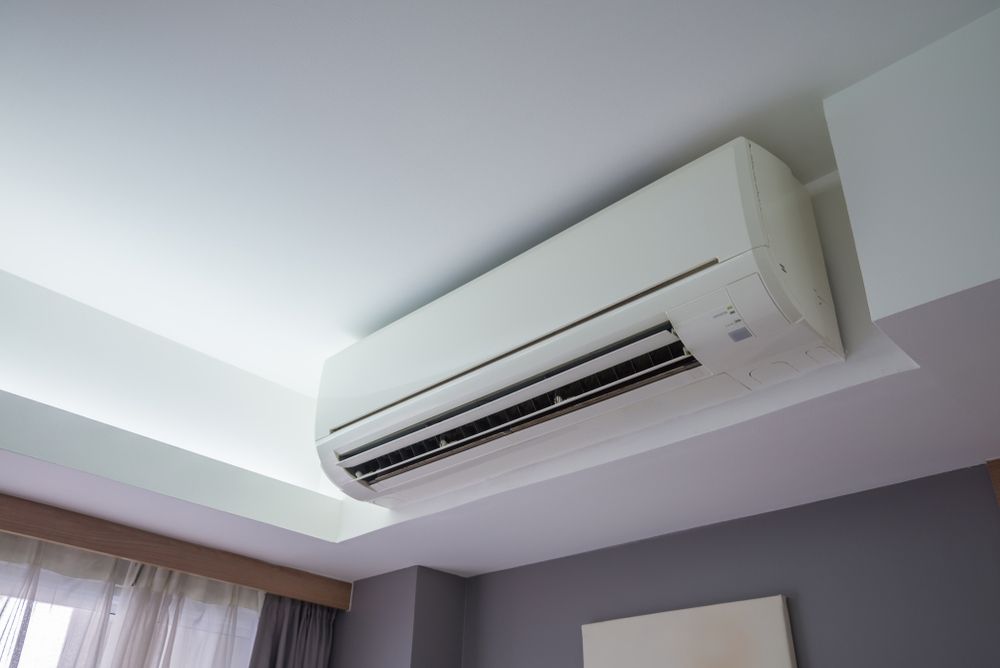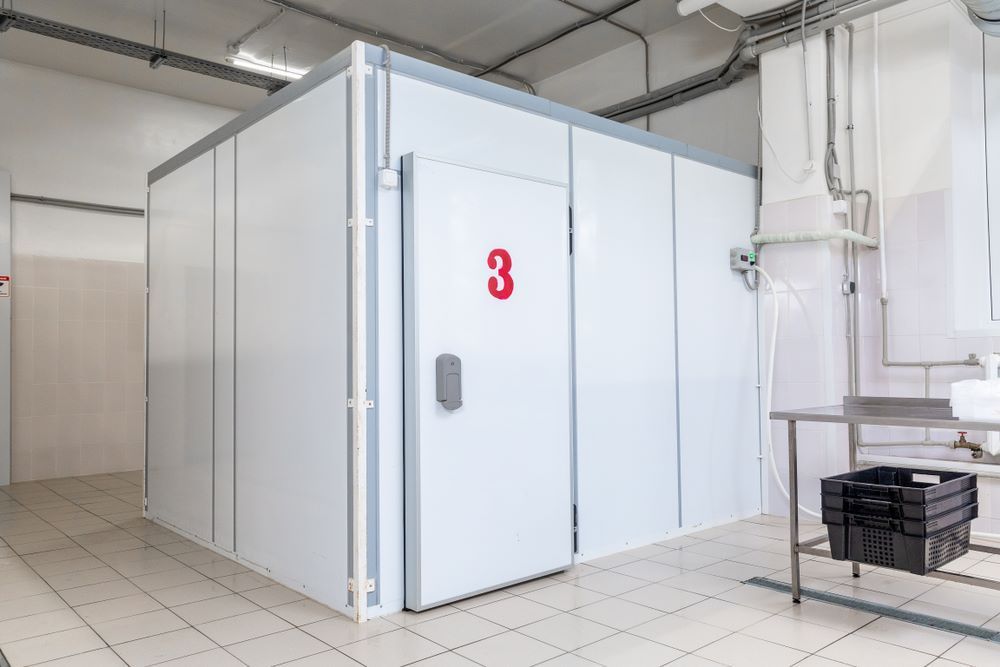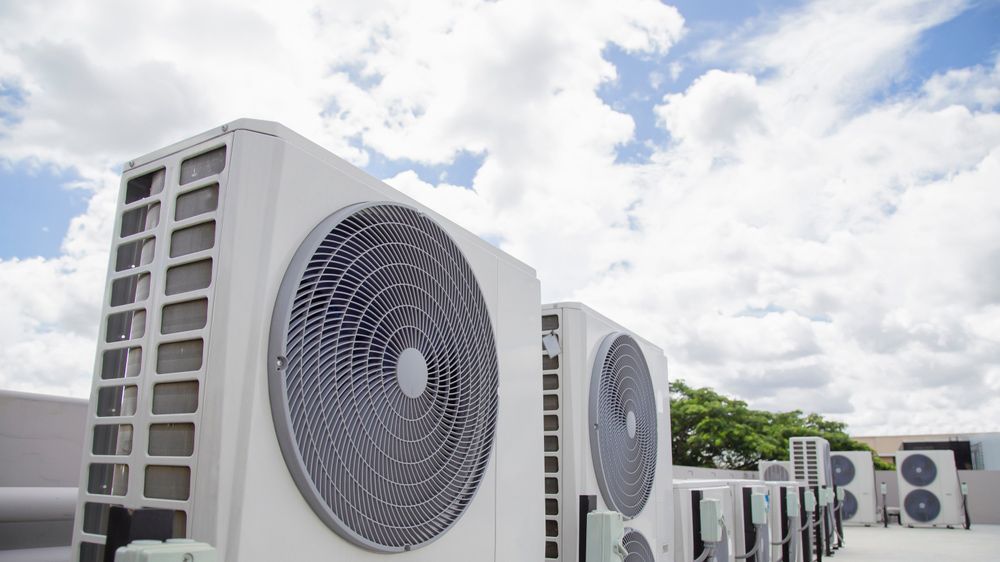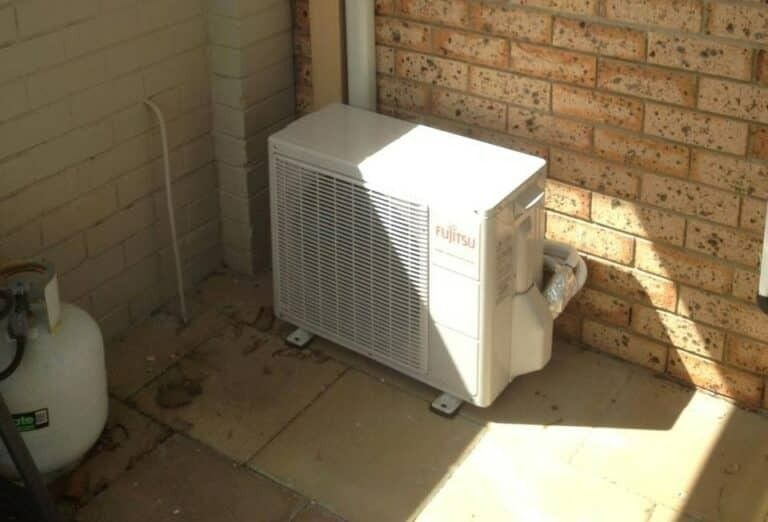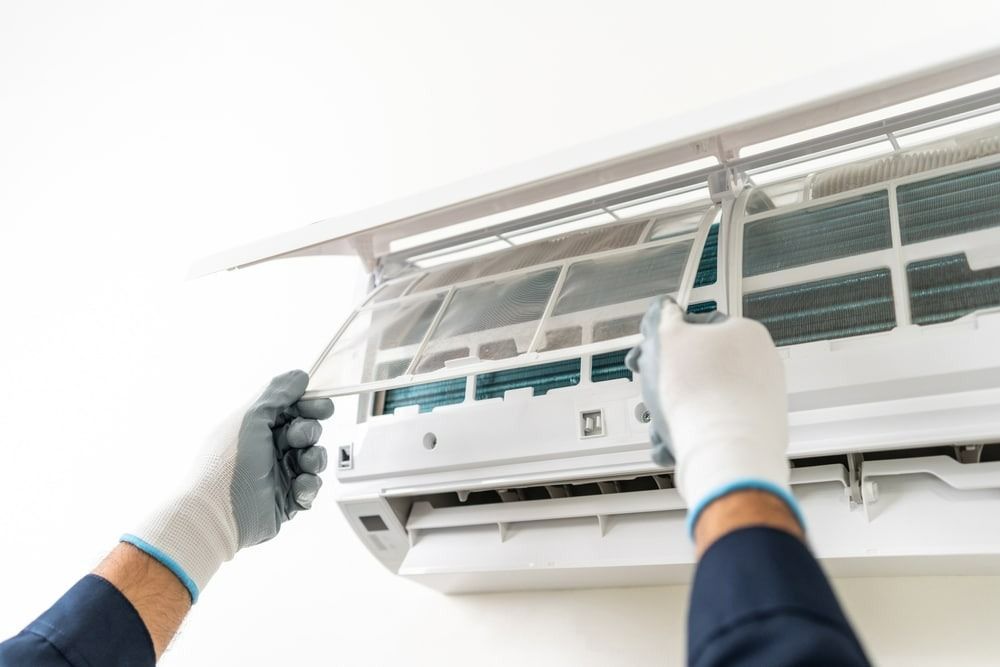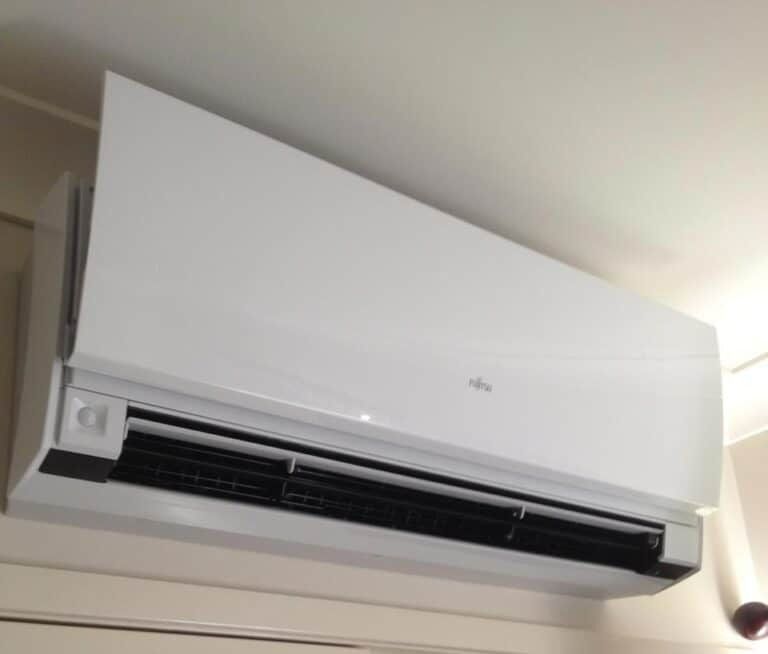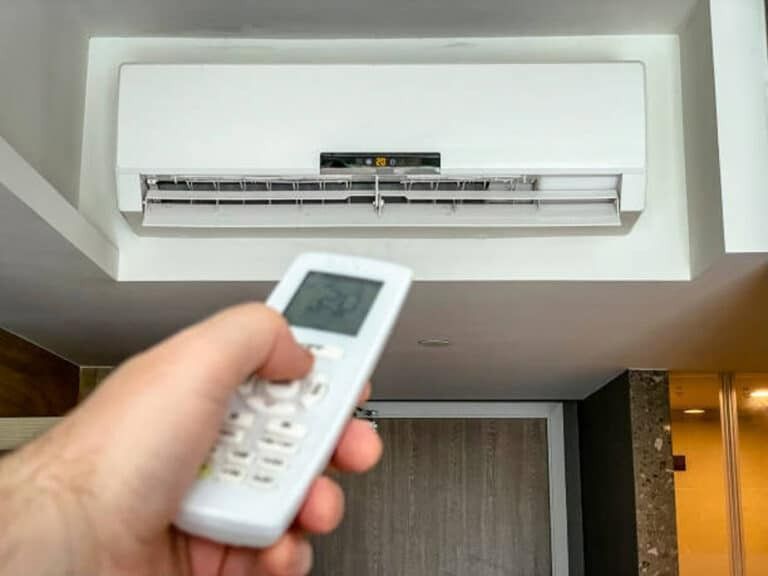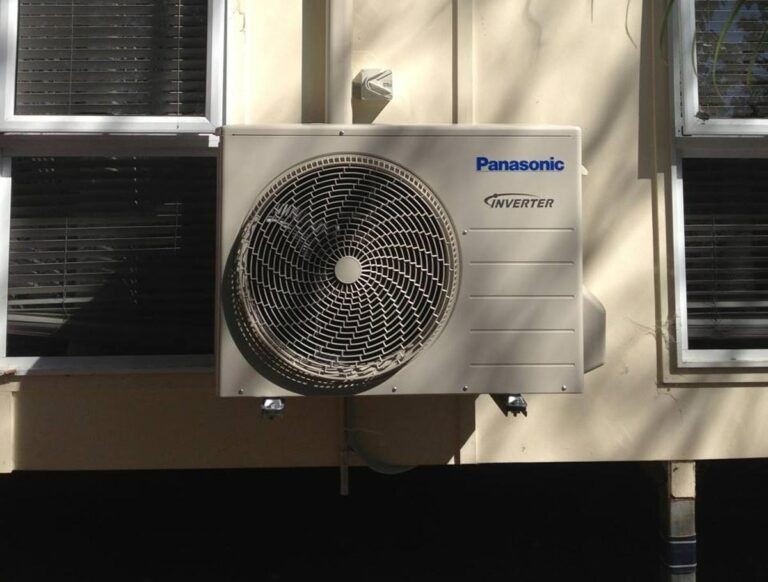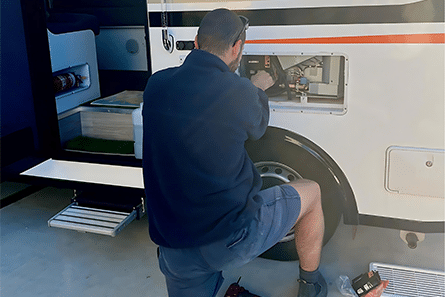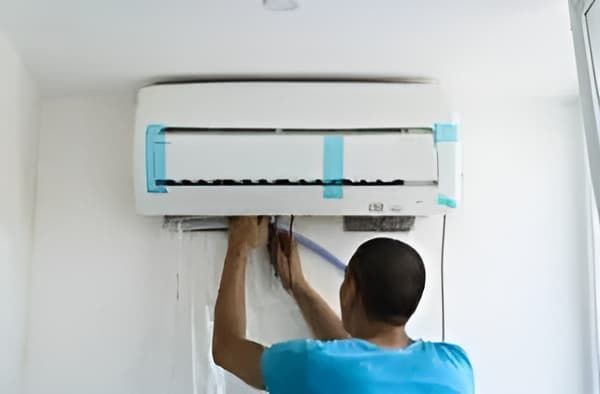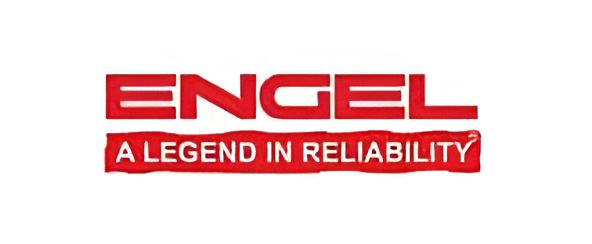Electrical Considerations When Renovating Your Home
Planning a home renovation? While it’s easy to focus on layout changes, colour schemes, and fixtures, the electrical components of your renovation are just as important. Overlooking these can lead to costly changes later or even non-compliance with Australian safety standards.
In this blog, we’ll cover the key electrical considerations you should plan for when renovating your home and how working with qualified electrical contractors on the Sunshine Coast can make all the difference.
Why Electrical Planning Is Essential During Renovations
Renovating a home offers the perfect opportunity to upgrade electrical systems that may no longer meet current needs or standards. Electrical planning during renovation is about more than just relocating switches or installing new lights—it’s about ensuring your system is safe, future-proofed, and compliant.
The existing wiring and switchboards in older homes, especially, may not be suitable for modern use. Whether you’re expanding your kitchen, adding a home office, or creating outdoor living zones, these upgrades will likely require changes to your home’s electrical infrastructure.
Design Your Electrical Layout Before Construction Begins
Electrical layout planning should happen early—ideally during the design phase. This helps avoid conflicts with framing, cabinetry, plumbing, or structural elements.
Key Layout Considerations:
- Power point placement: Consider how you use each space and plan outlets accordingly. Kitchens, living rooms, and home offices typically require more power points than other areas.
- Lighting design: Think about task lighting, ambient lighting, and feature lighting for different zones. Use dimmers where appropriate.
- Appliance locations: Include provisions for ovens, air conditioners, rangehoods, fridges, and dishwashers.
- Data & connectivity: Plan for NBN connections, TV points, and smart home hubs.
- Outdoor zones: Factor in weatherproof lighting, power outlets, and external entertainment setups.
Consider Future Electrical Demands
Renovations are a good time to think ahead. Modern homes now support far more devices and systems than in the past—think charging stations, smart devices, security systems, and electric vehicle charging.
Upgrading your electrical capacity during a renovation can save time and cost in the future.
Examples of Future-Proofing:
- Add extra circuit capacity to your switchboard for future installations.
- Run conduit and cabling for potential solar systems, outdoor kitchens, or studio spaces.
- Pre-wire data cables for home office setups or entertainment systems.
- Install a dedicated EV charger point, even if you don’t own one yet.
Smart planning avoids unnecessary retrofitting later.
Upgrade Your Switchboard If Needed
Your switchboard is the control hub of your home’s electrical system. If it’s outdated or overloaded, it may not support new electrical demands safely.
Signs that a switchboard upgrade may be necessary:
- Presence of ceramic fuses or no RCD protection.
- Frequent tripping of circuit breakers.
- Flickering lights when using high-power appliances.
- Adding new circuits or a significant electrical load during renovation.
Upgrading your switchboard can improve electrical safety, support modern appliances, and bring your system into line with current Australian standards. Electrical contractors on the Sunshine Coast can assess your existing setup and recommend an appropriate upgrade.
Ensure Compliance with Current Safety Standards
Any new electrical work must comply with the latest standards under AS/NZS 3000 (commonly known as the Wiring Rules). Renovating provides an opportunity to ensure that older wiring, cabling methods, and electrical safety devices are brought up to code.
Professional electricians ensure that:
- All installations meet required spacing, insulation, and accessibility guidelines.
- Safety switches (RCDs) are installed on all circuits as required by law.
- Wiring is protected from environmental exposure or structural pressure.
- Smoke alarms are installed correctly and interconnected as per state regulations.
Compliance is not only a legal requirement—it’s also a major factor in securing home insurance or passing building inspections.
Rewire Old or Damaged Circuits
If your home is decades old and has never been rewired, this may be the right time to address worn or dangerous cables. Renovations often expose areas that were previously concealed, allowing electricians to access and update circuits more easily.
Benefits of rewiring include:
- Improved safety and fire prevention.
- Elimination of outdated wiring types, such as VIR or cotton-insulated cable.
- The capacity to install modern appliances without overloading.
Professional electrical contractors on the Sunshine Coast can advise whether full or partial rewiring is needed based on inspection findings.
Incorporate Energy-Efficient Electrical Solutions
Modern renovations provide the chance to reduce long-term energy costs. Energy-efficient lighting, automation, and upgraded appliances not only lower power bills but also improve sustainability.
Energy-Efficient Options:
- LED lighting in ceiling, cabinet, and outdoor applications.
- Smart lighting systems are controlled by motion sensors or timers.
- Ceiling fans can reduce air conditioning usage.
- Energy-rated appliances in kitchens and laundries.
Discussing these choices early with your electrical contractor can help you integrate systems that support both comfort and energy savings.
Plan for Smart Home Integration
More homeowners are turning to automation to control lighting, blinds, security systems, climate control, and more. Renovations offer the perfect time to install the infrastructure needed to support these systems.
Smart Home Features to Consider:
- Voice-controlled lighting and security.
- Smart thermostats and connected air conditioning.
- Intercom and smart doorbell systems.
- Integrated app-based control from mobile devices.
The earlier this is discussed during planning, the easier it is to embed smart functionality seamlessly throughout the property.
Work With Licensed Electrical Contractors
All electrical work must be performed by a licensed professional. Engaging qualified electrical contractors from the beginning ensures your renovation is safe, certified, and up to standard.
Working with local electrical contractors on the Sunshine Coast offers the added benefit of knowledge of regional requirements, council approvals, and environmental considerations such as storm resilience and coastal exposure.
Always request:
- Proof of licensing and insurance.
- A certificate of electrical compliance.
- Clear breakdowns of work scope and timing.
Get Help from Trusted Electrical Contractors in Sunshine Coast
At Allchin Airconditioning & Refrigeration, we support homeowners and property owners across the Sunshine Coast with professional, compliant electrical work tailored to renovations of all sizes. From planning layouts and upgrading switchboards to integrating smart technology and ensuring safety compliance, our team provides electrical solutions built for your home’s future.
Contact us today to discuss your renovation plans and work with trusted electrical contractors on the Sunshine Coast.

